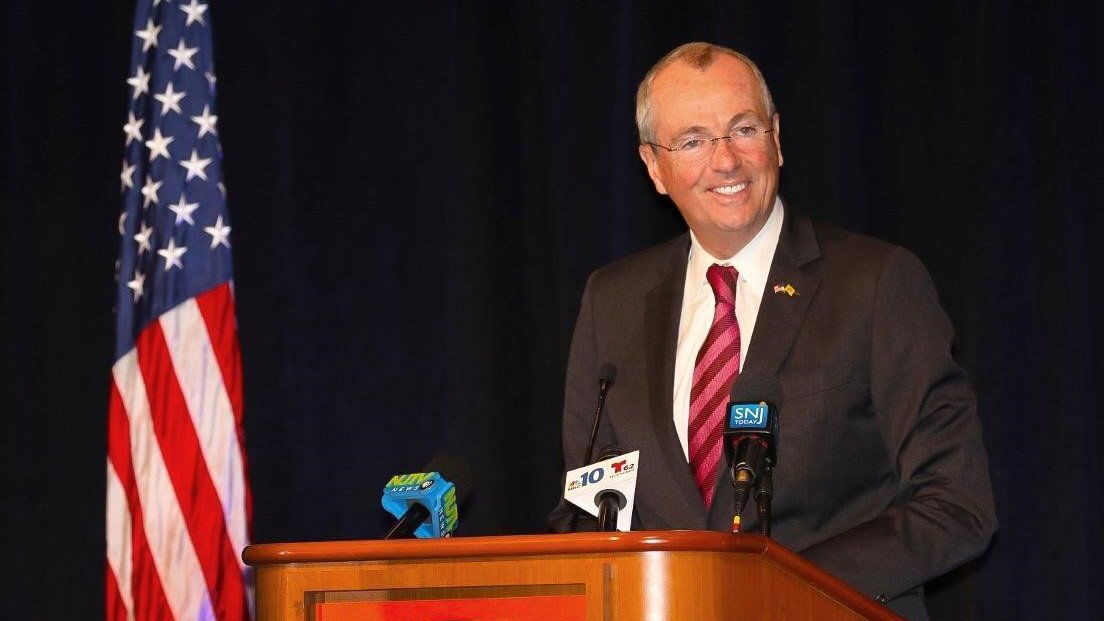Illinois Senate approves FY 2025 budget with progressive sports betting tax hike

Illinois senators passed the FY 2025 budget late Sunday, which includes a significant increase in sports betting taxes affecting the state's largest operators. The budget passed with a 38-21 vote.
Representing BetMGM, DraftKings, Fanatics, and FanDuel, the Sports Betting Alliance (SBA) called the budget a "disappointing decision" that will harm operators. The proposal nearly triples the tax rate for the most successful operators.
The House will reconvene in Springfield on Tuesday to vote on the budget before sending it to the governor's desk. The Senate's version, which differs from the House's, would make Illinois the second-most expensive state for wagering operators after New York.
Operators with the highest adjusted gross revenue would face a 40% tax, compared to New York's nation-leading 51%. The vehicle for the tax is HB 4951, which did not include the progressive sports betting tax when the House approved it, meaning the bill must go back to the House for concurrence.
Operators have been paying a 15% tax since sports betting became legal in June 2021. Governor JB Pritzker had proposed an increase to 35% earlier this year. The new Senate version introduces a sliding scale tax from 20% to 40%.
The scale imposes:
- 20% tax on AGR up to $30 million
- 25% on AGR over $30 million to $50 million
- 30% on AGR over $50 million to $100 million
- 35% on AGR over $100 million to $200 million
- 40% on AGR over $200 million
The Senate's tax structure separates AGR for retail and digital sportsbooks, requiring separate taxes for each.
The SBA mobilized 55,000 Illinois residents to oppose the increase, who sent e-mails to lawmakers to vote against the measure. Following the vote, SBA lobbyist Jeremy Kudon stated that the progressive tax "penalizes operators who invested in the local economy and created jobs."
Illinois would become the second state after Arkansas to implement a progressive sports betting tax. In Arkansas, casino revenue, including sports betting, is taxed at 13% for the first $150 million and 20% for revenue above $150 million.
Elsewhere, New Jersey is considering raising its sports betting tax to 30% from 14.25%, while Ohio recently signed into law an increase in the tax rate from 10% to 20% for the 2024-25 fiscal year.

















































